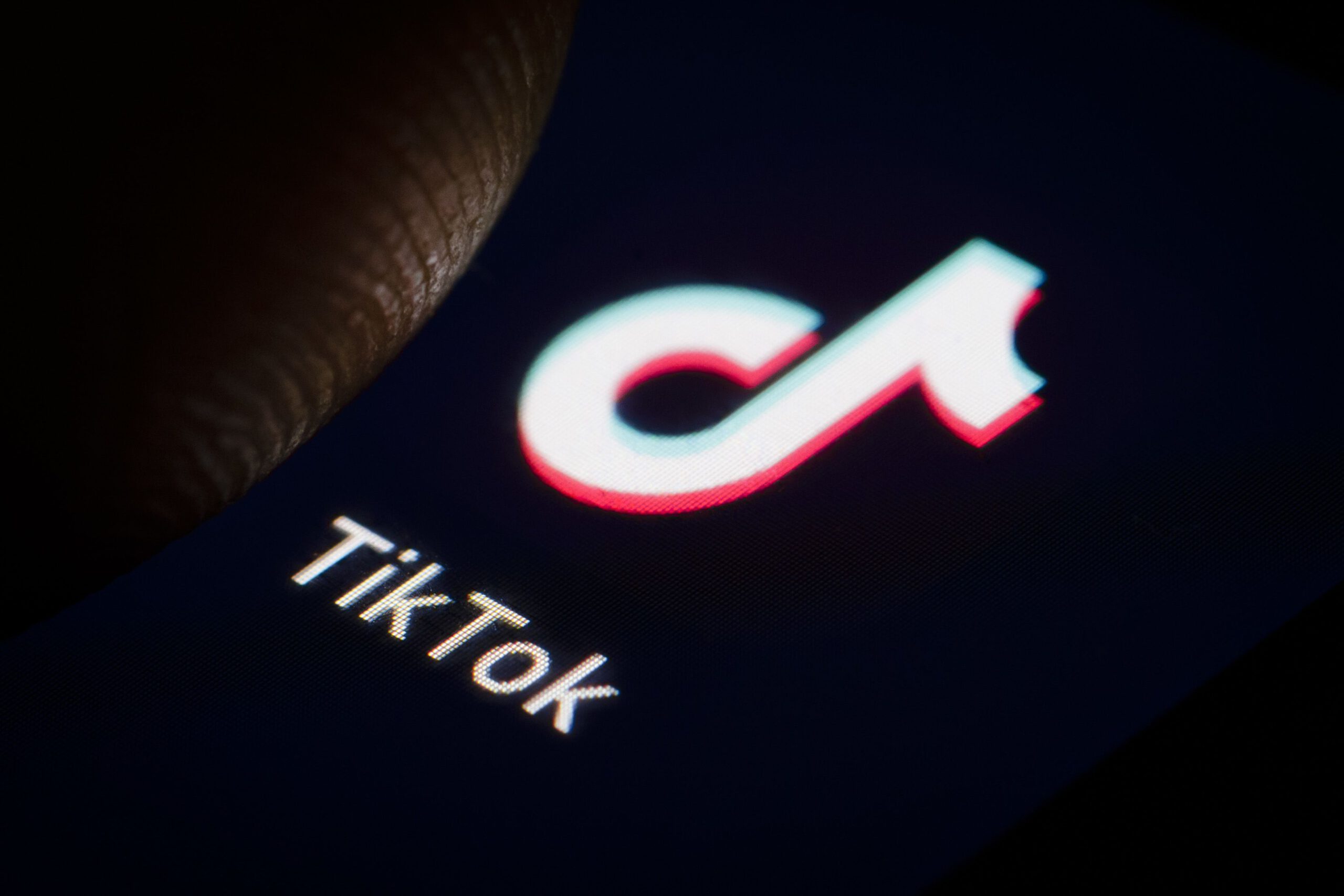
In the first half of 2024, Malaysia emerged as the global leader in government requests for content removal or restriction on TikTok, with 2,606 such requests. This figure represents a staggering increase of nearly 40% compared to the 1,862 requests made in the second half of 2023. Compared to the same period in 2023, when only 340 requests were submitted, this year’s number has grown more than sevenfold, reflecting a sharp escalation in government intervention regarding online content.
TikTok’s data reveals that Malaysia’s removal requests led to action on 86% of the cases, demonstrating a high compliance rate by the platform. In total, 8,836 pieces of content were flagged, with 5,296 posts taken down due to violations of local laws and 2,229 posts removed for breaching TikTok’s community guidelines. However, 1,311 flagged pieces of content were reviewed and deemed to comply with both community standards and local regulations, and thus no action was taken.
In addition to content, the Malaysian government also targeted TikTok accounts. A total of 2,822 accounts were reported during the same period, of which 2,080 were found to violate community guidelines, leading to enforcement actions. An additional 423 accounts were removed due to violations of local laws. However, 319 accounts flagged by the government were reviewed but not acted upon, as they did not breach any policies.
Malaysia also recorded the highest number of content actions globally for violations of local laws, far surpassing other countries. Following Malaysia, the next highest contributors to TikTok’s global tally of removal requests were Indonesia, with 778 requests, and Australia, with 522 requests. Other countries with significant figures include Russia, Pakistan, and Türkiye, each with hundreds of removal demands.
Globally, TikTok reported receiving 8,516 government removal requests during the first half of 2024, an increase from the 6,768 requests recorded during the same period the previous year. Malaysia’s contribution alone accounted for nearly one-third of the global total, underscoring the country’s proactive stance in moderating online content.
TikTok’s compliance process involves assessing government requests against its Community Guidelines, Terms of Service, and applicable laws. Content that violates these standards is removed or restricted accordingly. However, TikTok does not act on requests that it deems legally invalid or non-compliant with its policies. This selective approach to content moderation ensures that only actionable requests result in content restrictions or removals, balancing regulatory demands with freedom of expression.
The sharp rise in Malaysia’s government intervention in TikTok’s ecosystem raises questions about the broader implications for digital platforms and content creators. With a removal rate of 86%, Malaysia has demonstrated a notable capacity to enforce its local regulations on a global social media platform. However, the reasons behind the exponential increase in removal requests within such a short span remain a topic of speculation and debate.















